Stay in Touch
Nashipay Maasai Initiatives (NMI)
Registration Number 00NGO/R/2075
P.O. Box 14937 Arusha Tanzania
nashipayinitiatives@gmail.com
WhatsApp: +255 767 964 338

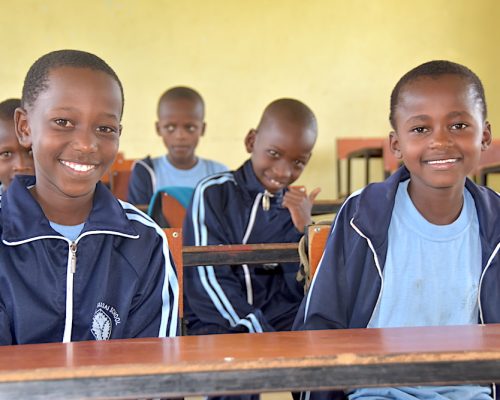
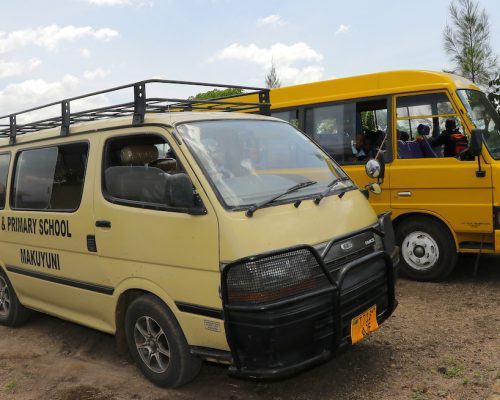
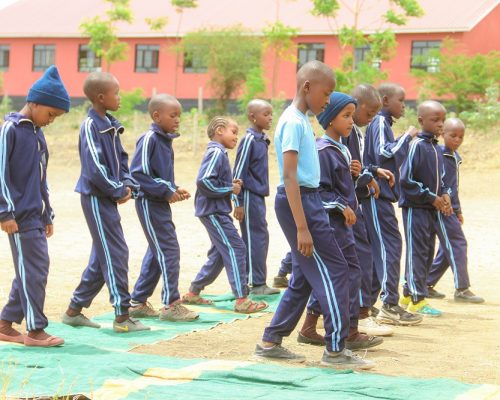
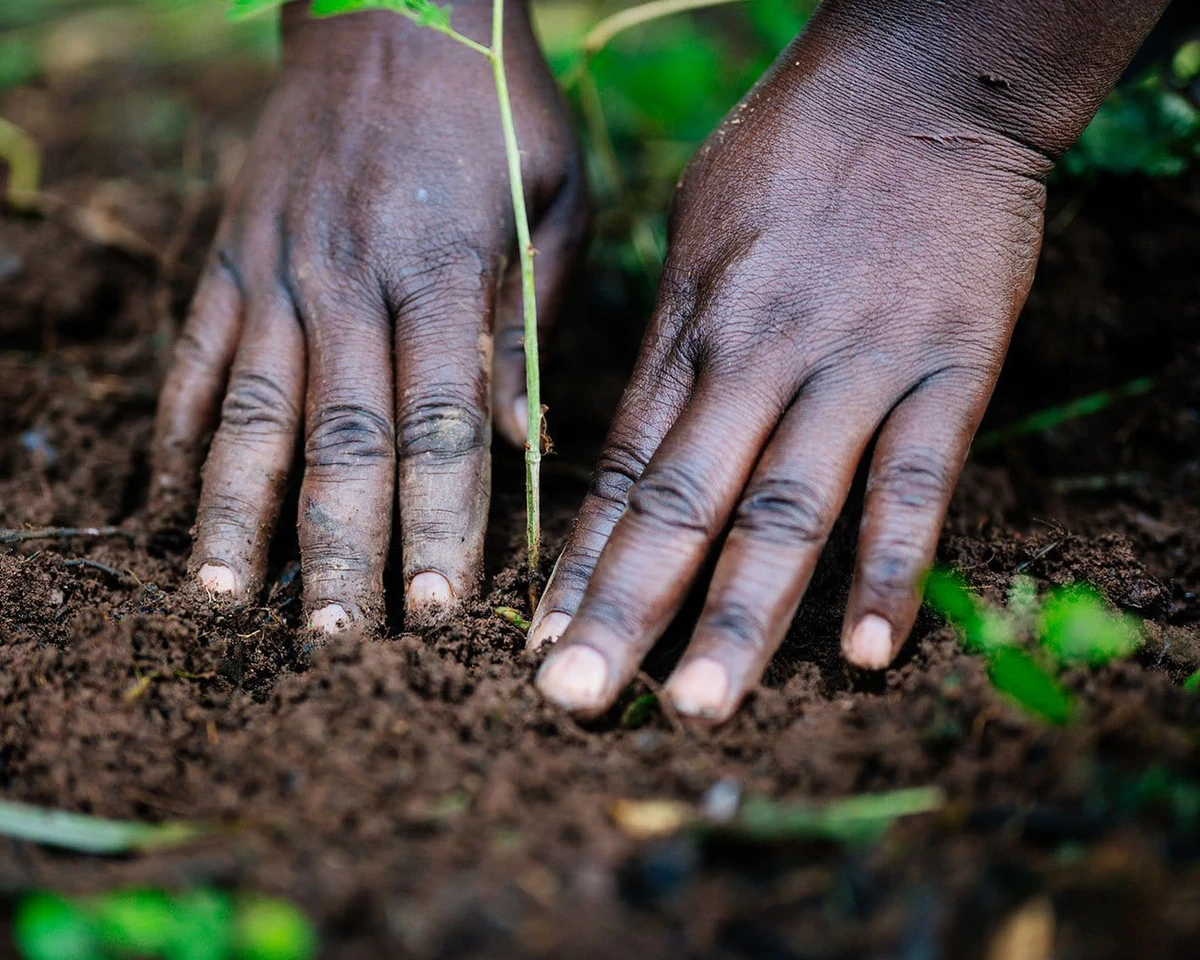
Our Conservation Programs helps the Maasai people of Northern Tanzania to invest in nature, supporting good practices on land use, planning, rangeland restoration and making participatory Mapping and Zoning. This programs mainly focus on premises of wilderness conservation that present obstacles to indigenous residents.
The conservation program works with the Council of Elders comprised of members of the community who were usually 40 years old and above. The Council advise the Chief or Village Head-on all-important matters concerning the village. The Council of Elders was the village administrative body, which made important decisions pertaining to security, development, justice, health, moral, spiritual standards of the community.
The people against poverty program is initiated in 2014 by the Nashipay Maasai Initiatives (NMI) in response to growing concern about the unprecedented and rising levels of poverty among pastoralists in the Makuyuni Area of Tanzania.
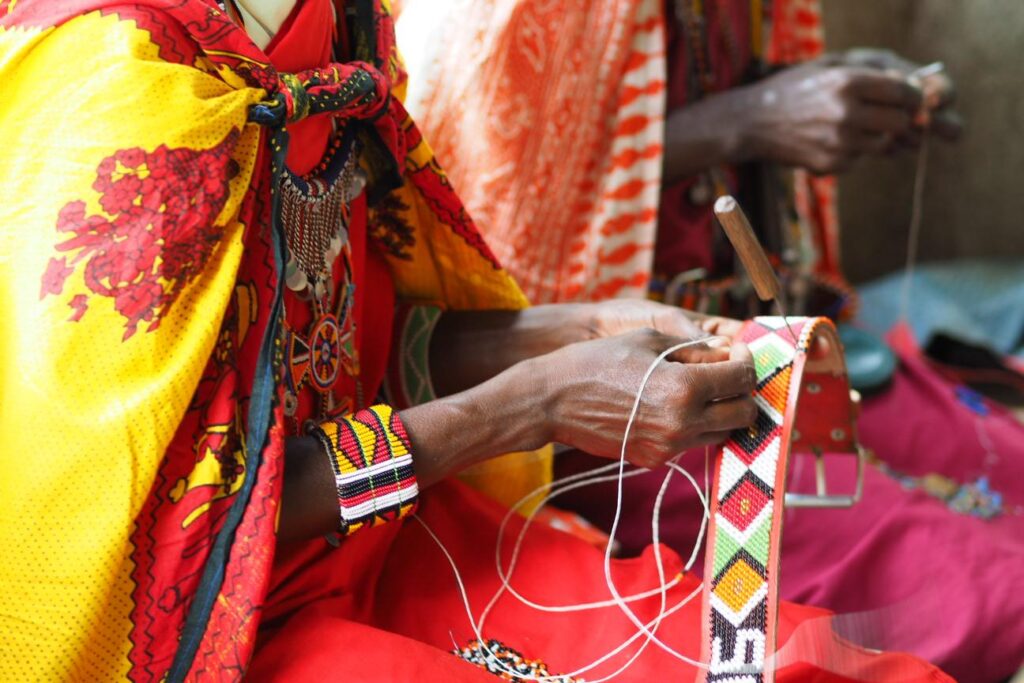
When women have power, they can thwart the violence and exploitation that oppresses them. Human development is driven by empowered women.
We will continue to place the highest priority on supporting women and girls to become leaders and to ensure that their roles in society and the economy are properly valued and recognized. Women workers in rural and informal economies set up coops composed entirely of women to improve their access to inputs and markets and to have more negotiation power with public authorities.
NMI and partners conducts training activities in order to ensure women’s fuller participation in the functioning and governance of cooperatives, providing opportunities for employment and career advancement for women workers, and enabling access for women members to cooperative resources and services such as education and training, financial services, and child care.
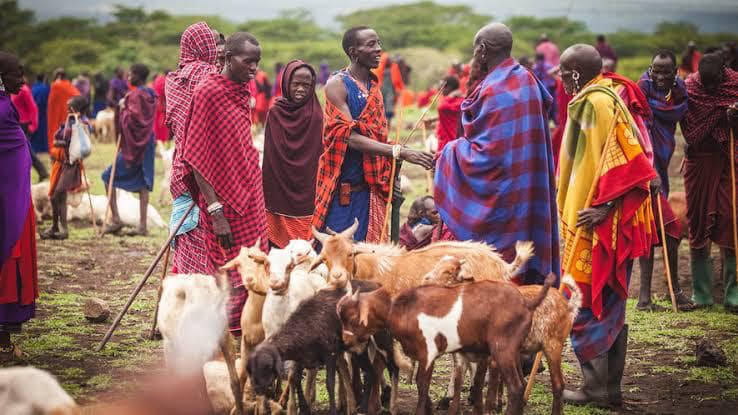
This aspect of the social program is one of the most important components of Nashipay. It is designed in direct response to the poverty in Makuyuni, with the immediate objective of:
Poverty reduction and improved living conditions for the Maasai in Makuyuni through strengthened pastoralist organisations and traditional clan-based mutual support systems. In this traditional form of mutual assistance, clans give poor members up to 9 young female
animals (heifers and sheep or goats) to allow them to build up a herd that can sustain the household.
In the first instance, the community had to donate livestock in order to initiate project assistance. The project then matched the number of livestock given by the community and provided additional support in the form of veterinary services for the donated livestock.
The strategy for achieving this was to build on an indigenous mutual assistance mechanism known as ewoloto, in which young female livestock are transferred to poorer households in the family to help alleviate poverty. Ewoloto is an important clan-based social institution that provides a safety net to prevent clan members from falling below the poverty line. Nashipay
helped revive this practice, which had been waning in the project area due to the high levels of poverty.
Registration Number 00NGO/R/2075
P.O. Box 14937 Arusha Tanzania
nashipayinitiatives@gmail.com
WhatsApp: +255 767 964 338